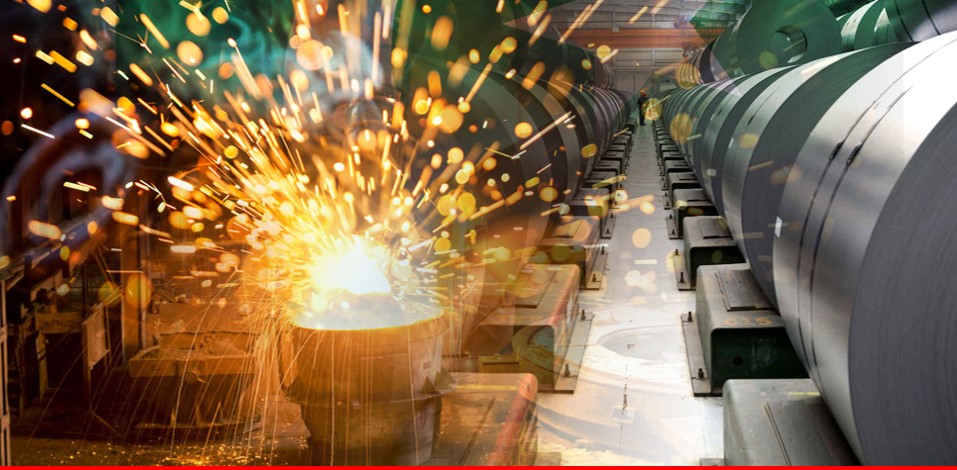The emergence of Federally Administered Tribal areas – formerly known as FATA before incorporated into Khyber Pakhtukhwa – as tax heaven within Pakistan cannot be denied, because business set-up there are greatly benefitting by evading taxes due to five-year tax holiday. However, that has also created a disparity crisis and upsetting the regulated iron and steel manufacturing industry.
Due to weak administrative controls, many rent-seekers had moved their steel manufacturing facilities to the FATA areas, taken advantage of the tax incentives and abused the law by selling tax-free goods in settled areas that undercuts the tax-paying industry.
Unchecked Smuggling
Two year ago, therefore, steel industry wrote a letter to federal government asking to only allow steel import via the seaports, and ban steel import through the land route, as smuggling of the metal continues from Iran and Afghanistan under the garb of some certain rules or SROs.
“This practice amounts to money laundering and illegal exports of currency. This is dangerous in view of the Financial Action Task Force (FATF) Regime that Pakistan is struggling to comply with,” the letter said. Besides, it also stated “In order to curb this menace, we strongly recommend that all steel items should (be) allowed to be imported from Iran or Afghanistan through sea ports only. This will curb the menace of distorting the market prices and provide level playing field to the steel sector and document all payments through banking channels.” However, their concerns remained unheard.
Abolishment of Excise Duty
Now in the Budget 2021-22, the federal government has proposed to withdraw 17% Federal Excise Duty from steel units operating in in the FATA areas. This budget measure if approved, will affect hard many steel units that operate outside FATA areas, as this concession is so huge that no Industry can compete with it.
That has led major players in the iron and steel sector to hold a press conference two days ago and opined he decision to abolish Federal Excise Duty (FED) to around 40 units in former FATA region will damage the entire industry. “Just because tax exempted goods are sold in major markets across the country, the main industry is making losses,” says a representative.
They also point out that two different revenue collection laws within a country is a clear discrimination. This regional disparity, in terms of tax exemption given to tribal areas, will negatively affect the taxpaying steel industry units. The non-tax paid goods from tribal areas are dumped into the taxable areas of the country which do not provide a level playing field within the steel sector, they alleged. They demand to reverse the decision of moving the steel industry from FED to GST regime as it will give a free hand to over 40 units located in FATA to illegally sell tax-exempt goods in major markets across the country.
Irony in Disparity
The FATA regions have long been enjoying the constitutional protection in terms of taxes and duty exemptions. This further relief of 17 % FED withdrawn given to them in the finance budget 2021-2022 will cause the local steel industry to suffer huge losses. Before budget 2021-2022, erstwhile FATA/PATA regions were exempt of sales tax on steel scrap and all other raw materials. However, FED was imposed on finished products throughout Pakistan including these tribal areas. But in the new finance bill, FED (in sales tax mode) has been abolished which means that tribal areas are now tax free.
There is no denying that business and economic development in the under-developed areas is necessary, but it that shouldn’t create disparity and set two different standards for businesses. This will directly hit the tax-paying and quality compliant sector of the industry, causing de-industrialization, closure of mills, price distortions, and most importantly, an estimated revenue loss of Rs 50 billion for the government.
By
Editorial, Infocus


